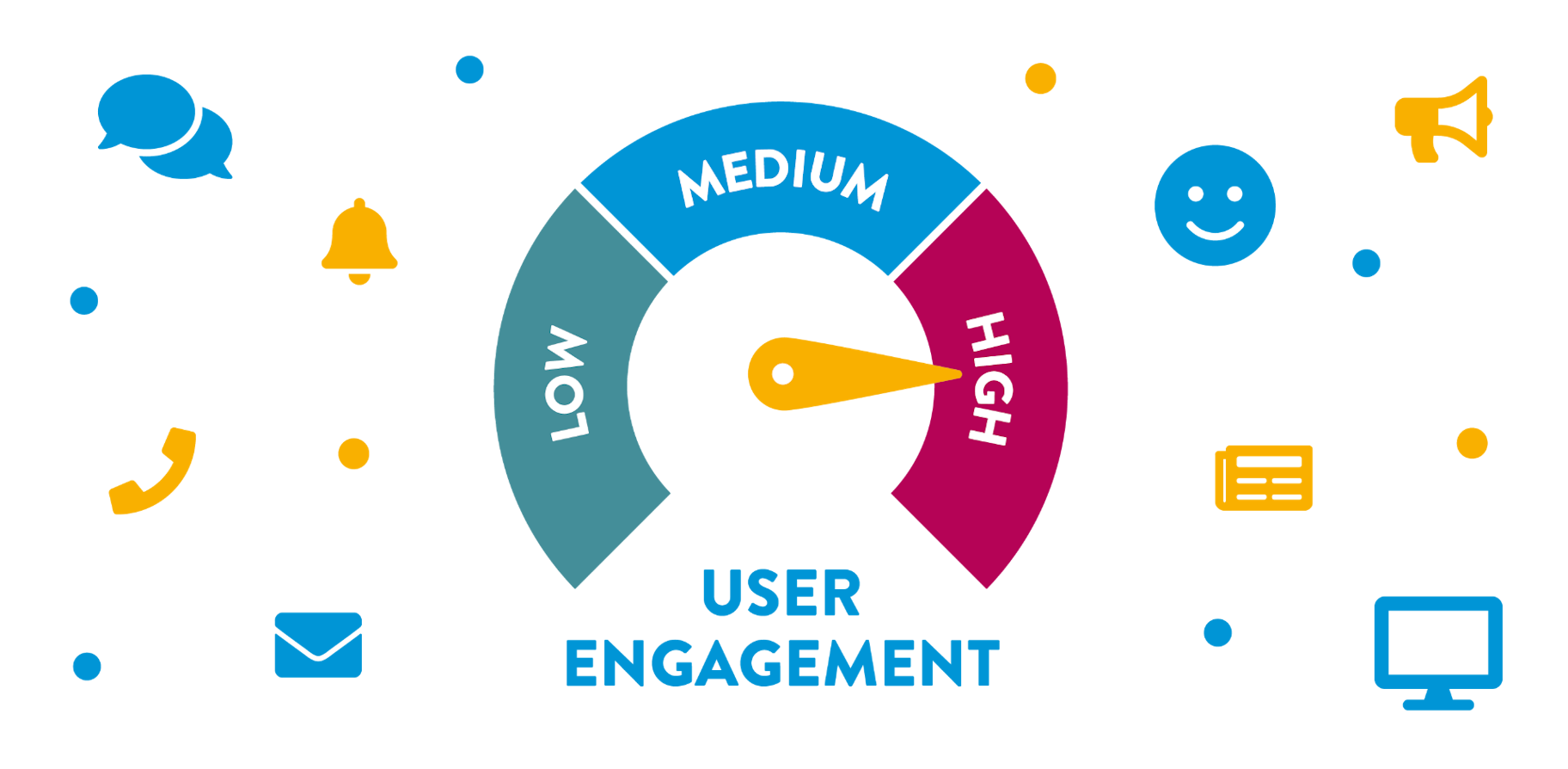When thinking about emerging generations and their impact on our culture, millennials and Gen Z are what most often come to mind. But Gen Alpha is quickly showing itself as a force to be reckoned with.
These individuals have been shaped by a set of circumstances that no generation has seen before. The oldest were born the same year as the iPad, meaning they don’t know a life without technology. And, most importantly, they spent their formative years growing up in a global pandemic.
Gen Alpha is showing a level of wisdom, precociousness, and social awareness that we haven’t seen before. And since they’re the future of everything, every business owner should be paying attention.
Let’s look a bit closer at Gen Alpha kids, the beliefs that shape them, and how adults can build businesses that meet the wants and needs of these future consumers and leaders.



Who is Generation Alpha?
Gen Alpha, the youngest generation in the world, is part of the broader concept of global generations.
As the generation following Gen Z, Gen Alpha includes all children born in or after 2010. By 2025, they are expected to become the largest generation in history, numbering over two billion individuals.
→ Click Here to Launch Your Online Business with Shopify
This generation has been heavily influenced by technology and the events of the past few years, including the COVID-19 pandemic, which has already started shaping their lives.
Despite their young age, they are predicted to be a resilient and creative generation, influenced by their experiences and values as part of the digitally advanced world.
What do brands need to understand about Gen Alpha?
Because they’re positioned to be the largest generation in our history, brands need to get in tune with Gen Alpha as fast as they can—and stay there. Here are a few key traits to understand.
Gen Alpha is growing up on screens
During the pandemic, in-person activities plummeted. The replacement was screen time: virtual school and even play dates moved into the virtual world. This is creating a fundamental shift in the way they see and interact with the world.
They have the whole world’s information at their fingertips. Screen time has given them agency, strong problem-solving skills, and a sense of what’s possible in the world. As a result, they’re developing new learning styles in comparison to previous generations.

Of course, screen time can also have its negatives, like decreased social function, shorter attention span, isolation, and even apathy or depression. But it’s all part of the unique shape this new generation is forming into.
Gen Alpha wants to fix the damage of the past
From topics like climate change to race to sustainability, Gen Alpha is taking digital learning to a new level. Growing up online has exposed them to the critical sociopolitical issues we’re facing. Research from McCrindle shows that 81% of Gen Alpha parents have adopted more sustainable choices, partially influenced by their kids.

They’re seeing firsthand the lived experiences of other people who are and aren’t in their bubble, and they have a sense of empathy and motivation to make a difference, especially for those who have less power to make that difference on their own.
Gen Alpha has high decision-making power
This new generation takes inspiration from so many diverse sources, from the massively popular YouTube channel Ryan’s World, to globally renowned activists like Greta Thunberg, to Gen Z influencers and content creators, to everyday role models like nurses and scientists.
They’re consuming media across multiple platforms, exposing them to real kids like themselves, as well as the heroes who are shaping the future. This fuels their drive and influence, giving birth to a new generation of “kidpreneurs” who are already starting their own business ventures.
They have a sense of authority and influence in their realms, as well as the ability to influence their peers.
How to reach Gen Alpha—and create future success for your brand
Many of the rules will stay the same, but the aging population can learn a thing or two when it comes to building a future-proof business model. Here are a few strategies to make sure you’re including Gen Alpha kids.
Build communication as a two-way street
One of the most important concepts to understand is that, as heavy social media users in a new digital age, Gen Alpha is talking back. Advertising, marketing, and brand communications are no longer a one-way street.
The platforms they use, like Minecraft, TikTok, and Roblox, have empowered them to be co-creators. As you’re building or shaping your business model, ask yourself where you can create more opportunities for meaningful dialogue, as well as opportunities to respect the sovereignty of this new generation.

Be a force of good—and make it known
Gen Alpha has a strong inclination toward social justice and righting the wrongs of the past. To put it frankly: they’re watching you. They’re taking note of the business practices that fuel your brand, and they’re asking whether you’re part of the problem or part of the solution.
Does your brand have a social or ethical impact? Build this into your brand story and brand strategy. Once Gen Alpha kids start having their own disposable income, they’ll choose to spend it on brands that share their affinity for doing good in the world.
Remember their millennial parents
Gen Alpha has millennial parents, who were a case study of their own. Millennials were the original group that towed the line of growing up in-person versus online. And they’ve been feeling the ethical questions and pressure of raising children whose core experiences evolve around screens.
Despite strong regulations around collecting data and marketing to kids under 12, millennials know the power of tech tools and the connectivity they bring. They welcome tech-focused approaches to learning, participating, and engaging with the world around them. This presents an opportunity for brands building these solutions (so take note if that’s you!).
Millennial parents also show a preference for high quality, minimalist, and “clean” products that are made with natural, chemical-free materials and ingredients. In this sense, the Gen Alpha apple doesn’t fall far from the tree.
Build personalized experiences first, and let the products follow
Gen Alpha and their parents seek out personalized, unique experiences. They’re using highly personalized technology every single day, and they expect that the future problems of their lives will be facilitated by the same vein of well-integrated tech. To build brands that have staying power, this is a mission critical mindset you need to adopt and maintain.
Once you’ve proved relevance and value, you’ll find it much easier to shift into selling products. Use integrated campaigns across in-person and digital spaces, coupled with interactive social media campaigns. Without the interactive and engaging piece, you’re just another meaningless ad (and trust us—they’ve already seen plenty of those).
Gen Alpha is carving a new path for all of us
It’s no secret that Gen Alpha will be filled with hyper-informed, engaged, and empowered leaders. And while we’re already seeing this in millennials and Gen Z, there are some key shifts that today’s brands need to follow.
TikTok’s users must be at least 13 years old, and 2023 is the year when the first Gen Alpha kids hit that age. They’ll surge into the battlefield of social media with their unmatched wisdom, hopeful skepticism, and a desire to build and own their future. Will you be a part of it, or will you be left behind?
Generation Alpha FAQ
Is 2010 Gen Z or Alpha?
2010 is typically associated with Generation Z. People born after 2010 are categorized as Generation Alpha. The latter is considered the first generation to be born entirely in the 21st century.
What is Gen Z vs. Gen Alpha?
Gen Z, also referred to as the iGeneration or Zoomers, comprises people born between 1995 and 2010. It is the first native digital generation, with most of its members growing up with social media and smartphones as integral parts of their daily lives.
Gen Alpha, on the other hand, refers to the generation born after Gen Z, typically between the mid-2010s and mid-2020s. It is sometimes called the digital native 2.0 generation, because its members are growing up in a world even more immersed in technology than what Gen Z experienced.
What is the Gen Alpha generation known for?
The Gen Alpha generation is known for growing up with advanced technologies, such as augmented reality and voice assistants, as well as for being more open-minded and creative than Gen Z. Members of Generation Alpha are also known for having access to a more globalized world, with increased exposure to cultural diversity.






